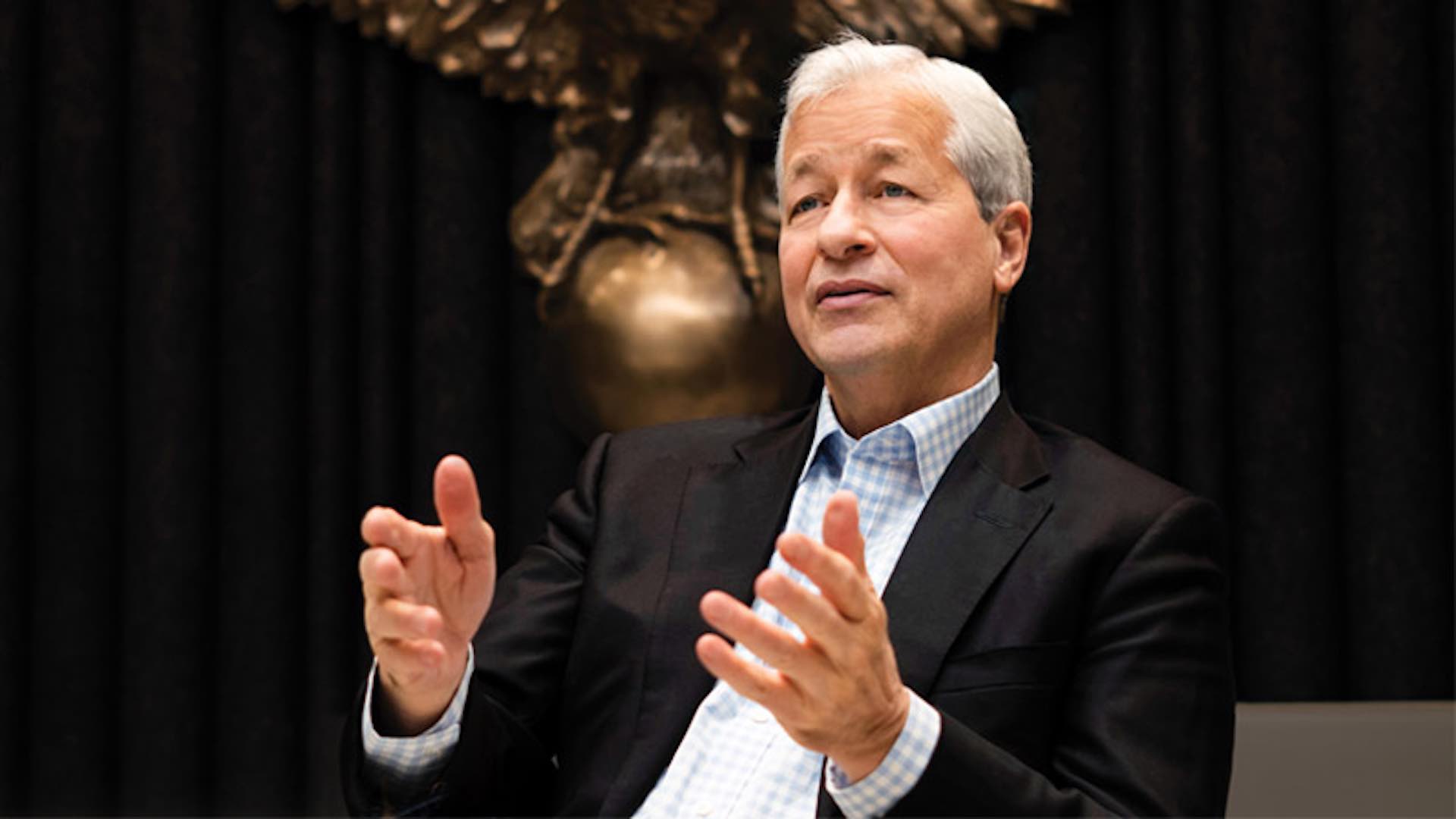JPMorgan CEO Jamie Dimon has reignited the flames of his criticism against Bitcoin, branding the digital currency as a “fraud” and equating it to a “Ponzi scheme” in a recent interview with Bloomberg TV. Dimon’s scathing remarks underscore his long-standing skepticism towards Bitcoin, as he firmly asserted, “If you mean crypto like bitcoin, I’ve always said it’s a fraud.” Dimon’s vocal opposition to Bitcoin extends beyond mere skepticism; he has consistently warned against its adoption, likening it to “smoking a cigarette” and urging governmental intervention to curb its usage.
Despite acknowledging potential value in cryptocurrencies enabling smart contracts and blockchain applications, Dimon’s stance remains firm on Bitcoin’s fundamental flaws as a currency. The billionaire banker’s concerns regarding Bitcoin’s regulatory oversight and susceptibility to illicit activities are well-documented. He has raised alarms about its potential role in facilitating fraud, tax evasion, money laundering, and even financing criminal enterprises such as drug trafficking and terrorism.
While Dimon’s criticisms have not deterred Bitcoin’s volatile ascent, with its value soaring to record highs before experiencing sharp declines, his recent remarks underscore ongoing skepticism within the traditional financial sector. Despite Bitcoin’s resurgence in recent months, Dimon’s unwavering stance reflects broader concerns about the regulatory landscape and inherent risks associated with digital currencies. As Bitcoin continues to capture headlines and investor attention, Dimon’s critique serves as a poignant reminder of the enduring debate surrounding the legitimacy and future trajectory of cryptocurrencies in the global financial landscape.
While proponents tout the potential for digital currencies to democratize finance and revolutionize traditional banking systems, skeptics like Dimon emphasize the need for robust regulatory frameworks and underscore the inherent risks associated with uncharted financial territory. As governments grapple with the complexities of regulating these decentralized assets and traditional financial institutions weigh their implications, the debate surrounding Bitcoin’s role in the future of finance shows no signs of abating. In the midst of this ongoing dialogue, Dimon’s steadfast opposition serves as a notable voice, urging caution and prompting critical reflection on the long-term implications of embracing digital currencies on a global scale.

